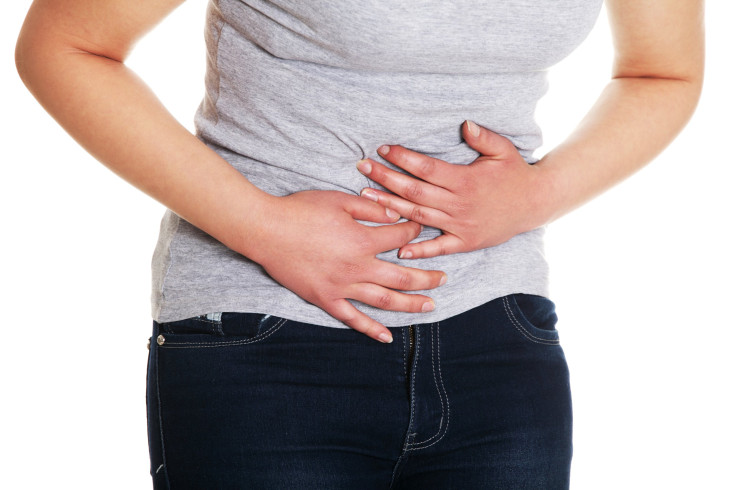What Are The Symptoms Of A Cyclospora Infection?

In the recent weeks, outbreaks of cyclospora have been rising. Cyclospora, a rare parasite, can strongly harm a person's gastrointestinal system. According to the University of Minnesota's Center for Infectious Disease Research and Policy, the total number of outbreaks has been 373 in 15 states across the United States.
The Centers for Disease Control and Prevention (CDC) was first notified of a cyclospora outbreak on June 28, 2013 from two Iowa residents. At that time, the CDC began investigating the origin of the parasite and found that the outbreak was not caused by international travel. However, an exact source has not been yet identified.
The culprit for this parasite? Fresh produce and prepackaged salads. According to the Mayo Clinic, a person can also contract the parasite by drinking water or eating food that has been contaminated by another person. Cyclospora is different than many other foodborne sicknesses because it doesn't show up until days or weeks after infection.
"There is no person-to-person transmission. ... It has to go through a host, usually contaminated food," said Dr. Edward Dominguez, a physician at Methodist Medical Center in Dallas, to NBC news.
Sometimes, these symptoms will not show up for almost a week, and if not treated, they can last from a few days to a month. Some people who do have the parasite show no signs of infection.
The CDC identifies the following symptoms:
1. Watery diarrhea, with frequent, sometimes explosive, bowel movements.
2. Loss of appetite
3. Weight loss
4. Stomach cramps/pain
5. Bloating
6. Increased gas
7. Nausea and fatigue
8. Vomiting
9. Body ache
10. Headache, fever, and other flu-like symptoms
The only way to accurately determine if the symptoms a person has is actually caused by cyclospora is by his or her physical or other healthcare provider taking a stool sample. Treatment for cyclospora infection is a combination antibiotic known as trimethoprim-sulfamethoxazole, also known by the trade names Bactrim or Septra. For those who have sulfa allergies, Cipro or Alinia is also a possible alternative.
However, according to the South Carolina Department of Health and Environmental Control, "most people who have healthy immune systems will recover without treatment."
Prevention is obviously better than having to undergo treatment, and so physicians recommend that consumers take extra care when washing their produce. Washing your fruits and vegetables in pre-packed produce washing mixes or even using vinegar and water as a homemade wash can help decrease the chances of the parasite infecting your food.
Published by Medicaldaily.com



























